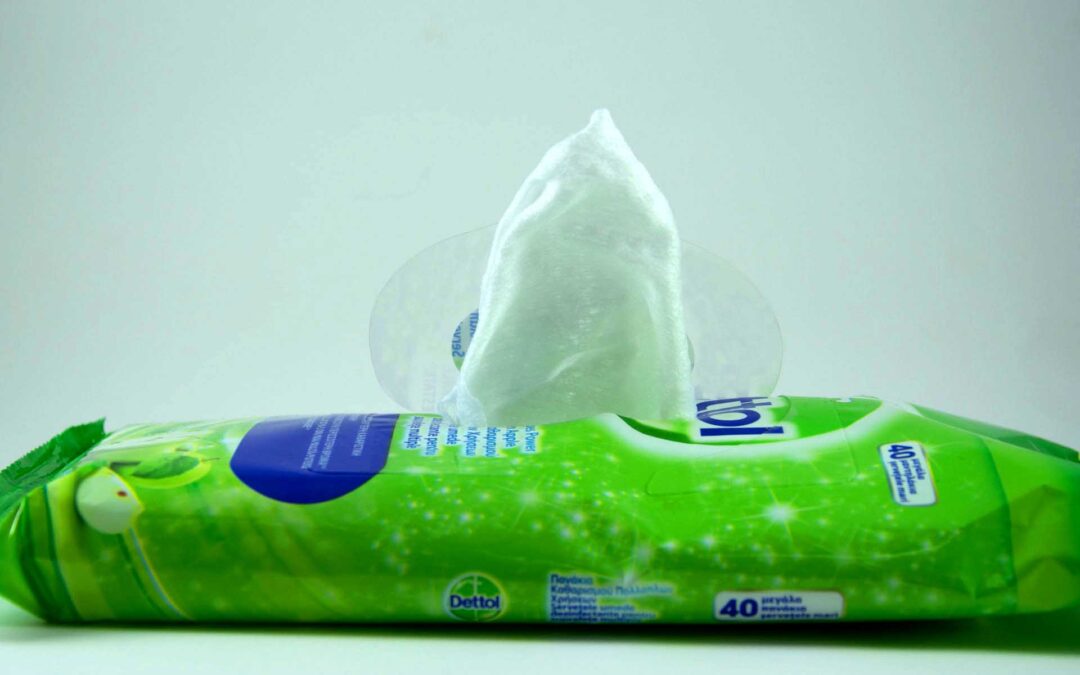The pandemic has affected our health, our ability to eat at our favorite restaurants, the frequency with which we can visit friends and family, and so much more. But who knew it was also affecting our sewers and septic systems?
During the pandemic, people have bought and flushed an astronomical number of single use wipes. Nielsen reports that the sale of wipes increased 75% from January 2020 to January 2021. Unfortunately, these wipes do not break down as quickly as toilet paper and have caused massive sewage blockages referred to as ‘fatbergs.’
The National Association of Clean Water Agencies, reports that municipalities nationwide are spending a minimum of $1 billion yearly to remove clogs caused by wipes. Ultimately, these mounting expenses in maintaining the public sewers will land squarely on the shoulders of homeowners and residents in the form of billing increases.
In order to address the problem, New York City is asking residents to “Trash it. Don’t flush it.” While some manufacturers have labeled their wipes ‘flushable,’ experts have made it clear that these wipes don’t break down in a reasonable period of time and contribute to continuous damage of sewer systems.
Charleston, South Carolina’s water management agency has addressed the problem by filing a federal lawsuit accusing manufactures of falsely labeling wipes as flushable. States, including Washington and California, have passed, or are passing, legislation requiring wipe manufacturers to add ‘do not flush’ to their labels.
While some claim that flushable wipes can be used safely with your home septic system, experts advise you not to chance it. Most wipes are composed of cellulose (a natural product that will break down) and synthetic material (a man made product that will never break down). Obviously, synthetic material poses a clogging issue for your septic system. Even wipes that are completely composed of natural materials break down at a slower rate than toilet paper increasing your risk of plumbing back-ups and causing your tank to need pumping more frequently.
Save yourself expense and headaches. Never flush, always trash those disposable wipes!


